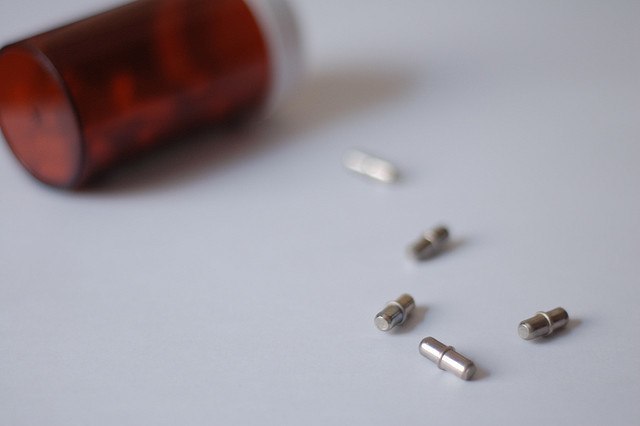
Editor’s Note: Michelle Longmire, MD is a Stanford-trained physician-entrepreneur and the CEO of Medable Inc., an app and analytics platform for healthcare. Reach her at @LongmireMD.

Medical science is now producing gene-editing technology, implantables, and pills with digestible microchips. The plethora of technologies will sense our body signals and can help predict and prevent illness. Increasingly, humans are becoming machines. We already have wearables, but we will soon have a continuous information loop. The continuous data streams are vitally important, but they need context.
To make the data medically useful, we will need to create more advanced analytics through machine learning. In 2016, we will begin to experience the concept of “data as a drug,” meaning that data will have a therapeutic role in medicine and insights and recommendations will be prescriptive. Unlike traditional, passive therapies, the data will need to be tailored to the individual and actionable.
The emerging technology greatly augments the capabilities of traditional medical care providers. Health IT will need to create systems that go “beyond the pill.”
We are starting to see mobile apps being developed that manage all aspects of healthcare: drug adherence, individual content, patient activity and other data points. And yet the mobile apps need to provide better accessibility and connectivity to the healthcare system in traditionally non-healthcare settings, such as in the home. With the aging of the population and the changes in healthcare policy, there will be a push to develop more sophisticated and useful apps to create data loops between drugs, diseases, and devices connecting to our mobile devices.
The data generated and gathered by the apps will be mined to create recommendations that will be delivered directly back to patients and providers using predictive algorithms. For example, a patient with heart failure will use a mobile app to manage the disease and over time the app will learn the patient’s patterns and be able to detect when the patient has missed a medication or is suffering from worsening disease. Using exception-based algorithms, effective apps will notify concerned family members about disease management goals, such as activity and diet, so they can offer support.
Just as the Web changed, finance, information, and entertainment, predictive algorithms will change the future of healthcare. In the near future, we could be processing thousands of data points from millions of humans across the globe. With this revolution, we will need systems that can handle massive amounts of data and process this data rapidly, reliable, and securely.
We will see the beginnings of FDA approval around algorithms for common conditions, and “Data as a Drug” will define the next decade of medicine. (The FDA will become very familiar with evaluating algorithms just as they have medications.) It will increase physician reach and scope as well as potentially reduce cost and medical error. In the history of medical research and care, real data streams have been very limited. But that will change with people carrying smart phones, wearing implantables, and getting injectables. We are already seeing the attributes of activity tracking in HealthKit and other technologies.
Mobile technologies will transform pharma and traditional medical care providers. In 2016 and beyond, smart phone apps will help connect the dots for physicians. Given that the population is aging, the increased paperwork burdens of Affordable Care, and a limited number of physicians, exception-based decision support will be a critical IT function in forthcoming apps. As we move beyond the pill to an electronically holistic system, the coming insights will give researchers a wealth of data to look for new disease and health insights as well as new therapeutic approaches.
Opinions expressed by HIT Consultant Contributors are their own.
